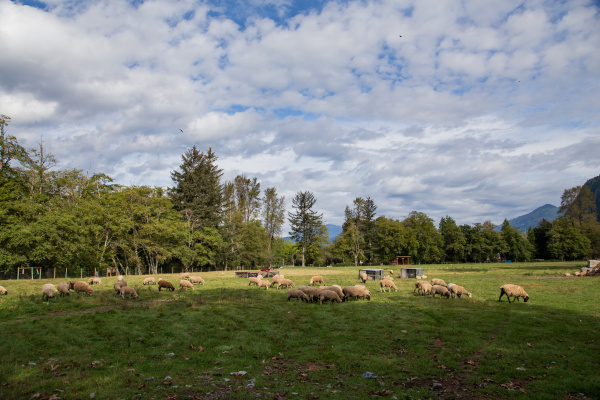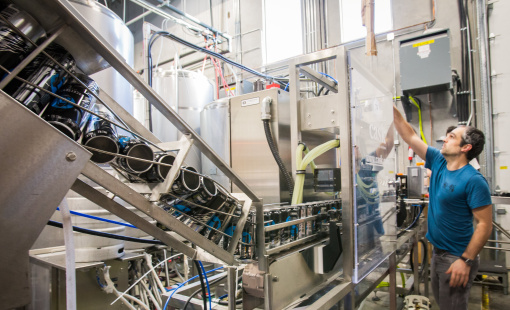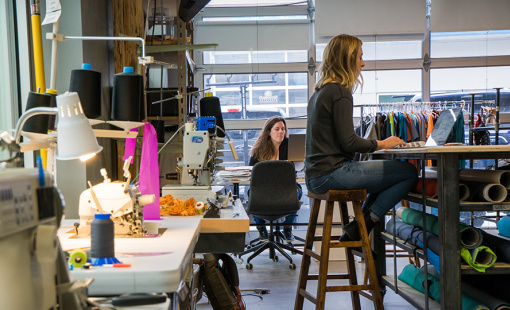Circular Squamish projects move forward

The District of Squamish has adopted the circular economy (CE) as a key component of our strategy for economic development. The District of Squamish organized a virtual workshop on November 26, 2021, to introduce the District's draft Circular Economy Roadmap and gather valuable input and ideas from participants on promoting local circularity. We believe that collaboration and community involvement are key to our circular transition, and this workshop served as a platform for meaningful engagement. The draft Circular Economy Roadmap outlines the guiding framework and three thematic areas of focus; the built environment, textiles, and food systems.
The District's participation in the Circular Cities and Regions Initiative (CCRI) through 2022 and 2023 has been instrumental in guiding our efforts. The CCRI Peer-to-Peer Network brings together municipalities across Canada to tailor their circular economy efforts within their unique contexts. Whether the communities are large or small, adopting a circular economy presents economic, social, and environmental benefits, including efficient resource utilization, support for local producers, waste reduction, and the creation of sustainable and livable cities. We invite you to read the CCRI's news story, highlighting the learnings from our activities over the past year.
With a clear and compelling CE vision, we have secured funding of $291,485 through the Province of BC's Rural Economic Diversification and Infrastructure Program (REDIP) for the successful implementation of the Circular Economy Trailblazer Program (CETP), starting in 2023, and running throughout 2024. This funding will play a vital role in propelling our Circular Roadmap initiatives forward.

The Circular Economy Trailblazer Program will offer participating businesses the chance to adopt circular economy practices. To achieve this, the program will include a range of services, including circular business audits, education in circular business practices focusing on efficient design, waste reduction, and diversion methods, product life extension methods, and valuable networking, collaboration, and asset-sharing opportunities. Participants will be offered the opportunity to apply for micro-funding to support their circular implementation.
reduction, and diversion methods, product life extension methods, and valuable networking, collaboration, and asset-sharing opportunities. Participants will be offered the opportunity to apply for micro-funding to support their circular implementation.
The funding received from REDIP will also support three innovation challenges. These challenges will provide an avenue for existing businesses and entrepreneurs to showcase their innovative ideas for products and services that align with circular practices.
The CETP holds the potential to catalyze the development of a collaborative, innovative, and resourceful economic market within the Squamish business community. By collectively working towards a circular economy, we can build a sustainable future for our community and create lasting positive impacts.
More News & Events

Jan 24, 2024
Trade and Investment Squamish: Are you seeking investment or ready to expand into new markets?

Nov 24, 2023
Innovation Driving Economic Growth and Sustainability in the District of Squamish

Oct 19, 2023
SOARE - Outdoor Recreation Innovation and Collaboration

Sep 22, 2023